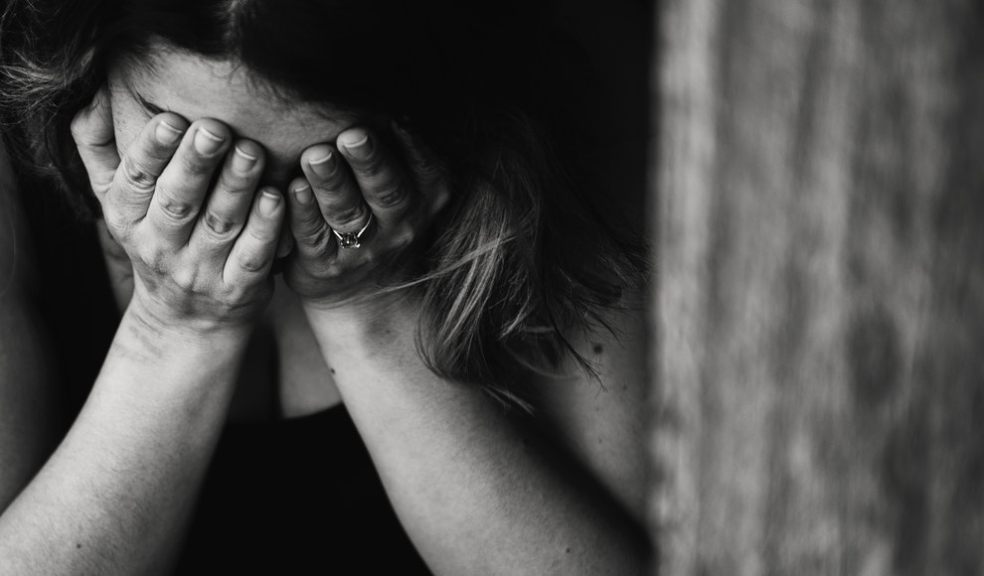
Over £11 million awarded to South West for support for domestic abuse victims to rebuild their lives
Domestic abuse victims in the South West and their children will receive extra support to help them rebuild their lives in a safe environment, the Department for Levelling Up, Housing and Communities announced today (15 February).
Over £11 million will be given to councils in the South West as part of £125 million government funding across England to make sure safe accommodation spaces, such as refuges and shelters, can provide victims with vital support services including healthcare, social workers and benefits.
Drug or alcohol support and other specialist services will also be funded and made available so that anyone who flees their home gets the help they need.
The funding will be issued as an un-ringfenced Grant to local councils who will then be responsible for making decisions on how the funding is spent to benefit those in need.
The government has also announced today it will consult on current housing rules, with the aim of giving victims more choice on where they rebuild their lives.
By looking at the rules on joint tenancies and the Local Connections Test, the Government intends to make it easier for them to either move away from their abusers and start their lives afresh, or help them to stay in their own homes if that is safe and they choose to do so.
Rough Sleeping and Housing Minister Eddie Hughes MP said: “This funding will give victims of domestic abuse and their children across the country the practical and emotional support to recover and rebuild their lives from this terrible crime.
“Through the landmark Domestic Abuse Act, the government has transformed the response to domestic abuse, helping to prevent offending and make sure victims are protected and supported.
“The consultations we are launching today build on this work and will help us give victims more options to move forward with their lives in the way that is right for them.”
Safeguarding Minister, Rachel Maclean said: “Home is not the safe place it should be for domestic abuse victims and their families. The extra support provided today will provide a vital lifeline for victims as they try and rebuild their lives positively while feeling supported and protected.
“These are important changes that sit alongside the new measures in the Police, Crime, Sentencing and Courts Bill which will give victims of domestic abuse longer to report offences to the police, so that abusers do not evade justice.”
A consultation launched today will consider removing Local Connection Tests for abuse victims, which can stop victims from applying for social housing if they do not have a connection to a local area.
This can often mean victims are forced to live in the same communities as their abuser and are denied a fresh start in a new town.
A second consultation will consider whether and how to change current rules that make it difficult for victims to remove their perpetrators from joint tenancies, which can mean victims either feel forced to stay in their home or are at risk of being made homeless by their abuser.
The government will call on people with experience of domestic abuse and those working in the sector to share their views.
Nicole Jacobs, Domestic Abuse Commissioner for England and Wales said: “For victims and survivors of domestic abuse, home is often the most dangerous place. I welcome the confirmation of £125 million to enable local authorities in England to meet their duties to provide support in safe accommodation for victims and survivors of domestic abuse. The right support in a safe environment is integral to rebuilding your life after fleeing domestic abuse and this duty will be transformative in tackling the postcode lottery of accommodation-based support for victims and survivors.
“I am also pleased that the Department is opening consultations on the Impacts of Joint Tenancies on Victims of Domestic Abuse and on Local Connection requirements for Social Housing for Victims of Domestic Abuse. It is vital that victims and survivors can access safe housing regardless of their tenure type. That means staying safely in their own home if they want to, as well as being able to access housing in a new area if they are no longer safe where they live.
“I look forward to seeing the outcome of these consultations and welcome the steps the Department is taking to ensure victims and survivors can access the housing they need after being subject to domestic abuse.”
Today’s announcement follows the government’s Landmark Domestic Abuse Act 2021, which places a legal duty on councils to fund support in safe accommodation for all victims and their families. The money announced today will help pay for these vital services.
More than £330 million has been invested since 2014 to provide support for domestic abuse victims in safe accommodation, with refuge bed spaces increasing by more than 20% in the past 12 years. On top of this, £4 million is being invested in the Respite Rooms programme which supports vulnerable rough sleepers impacted by domestic abuse.
The Spending Review in October announced the largest funding increase in more than a decade for the justice system. A total of £1 billion has been allocated to the Ministry of Justice to boost capacity and accelerate post-pandemic recovery. Nearly half of this will help deliver the swift access to justice that victims deserve – improving waiting times and reducing court backlogs.
It will also increase funding for victim support services to £185 million a year by 2024-25 - an 85% increase on funding in 2019/20. It will fund more than 1,000 Independent Sexual and Domestic Violence Advisors and 24/7 crisis helplines. In December, plans were set out for a first ever Victims’ Law which aims to put victims at the heart of the criminal justice system.
The consultation looked at improving support for victims, including by ensuring criminals pay more towards it through the Victim Surcharge, and improving coordination between those responsible for victim support services. Specific key measures which the Victims’ Bill consulted on included:
· Better coordinated commissioning and delivery of support services: this will improve support for victims, so that the right services are available to meet victims’ needs, and victims can move between them seamlessly;
· Defining functions and standards for advocate roles: this will strengthen the support available from Independent Sexual Violence Advisors (ISVAs) and Independent Domestic Violence Advisors (IDVAs) so that victims are more likely to stay engaged with the criminal justice process.

















